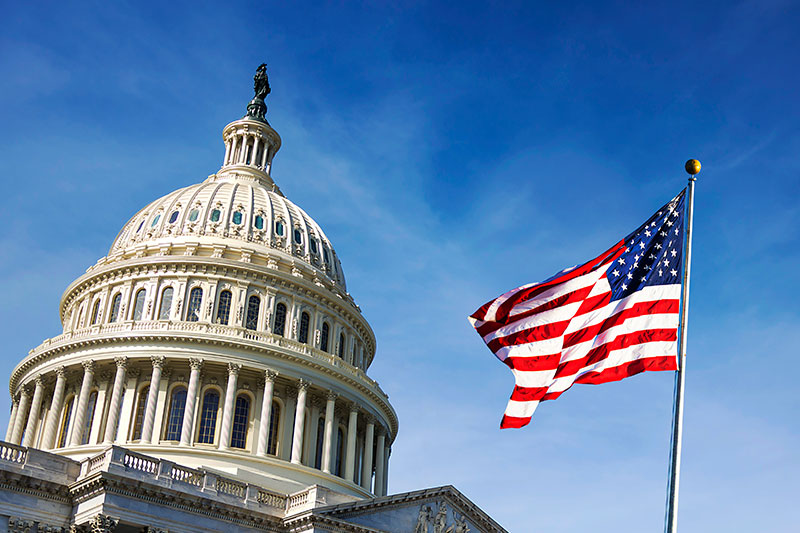Where First Affirmative Amplifies Your Voice
We vote your shares and talk directly to companies for viable change.

IMPACT: Request for Reporting on Lobbying Policies and Practices
52.7 % of investors supported our shareholder proposal asking The Travelers Companies, Inc. for enhanced lobbying disclosure that includes lobbying done through trade associations and other third parties. We have been in dialogue with Travelers for about five years and filed two previous lobbying shareholder proposals, both achieving in excess of 40% support. The company made significant improvements during this dialogue in disclosing lobbying done directly by their own staff, but remained steadfast in their refusal to disclose trade association membership and spending.
Although the company is not obligated to respond to a majority vote, few companies ignore them. Investors have now clearly demonstrated that they consider lobbying delegated to third parties to be a key aspect of lobbying disclosure that cannot be dismissed by companies as insignificant. As a large property and casualty insurer, Travelers is exposed to many risks from climate change, and investors are increasingly concerned with how companies are weighing in on public policies designed to limit climate impacts.

IMPACT: Corporate Behavior and Social Justice
We reached out to portfolio companies with no women and/or racial diversity on their boards. After much dialogue, we are pleased to report that 5 of the 10 companies revised their nominating committee guidelines, and 4 companies have added one or more women to their boards. And when we don’t see your values reflected, we continue the fight — we filed a shareholder resolution for board diversity in 2019 at Masimo Corporation, one of the companies that did not respond to our first effort.

IMPACT: Gun violence
Regrettably, we received no commitments to our request for restrictions – not a huge surprise given the divisive politics surrounding gun control. It is also not clear that more restrictive policies than what is legally required are enforceable given the current credit card processing system. However, two-thirds of companies responded, and we talked with three credit card companies and two banks, discussing their role in monitoring and enhancing risk-management practices at the point-of-sale. We also encouraged them to expand their public policy engagement. An improved public policy environment may give investors better leverage on issues like this in the future.

IMPACT: Environmental Issues
Companies are finally getting the message we all must play a role in reversing climate change and cleaning up the planet. What used to be a fringe issue is now expected corporate behavior. We recently brought a shareholder resolution to international food and snack giant Mondelez to improve their use of recycled and recyclable packaging. The packaging heavy processed foods industry can be a major contributor to environmental cleanup. The vote eventually failed, but received solid 31.2% support. After the strong vote, subsequent engagement with the company led to a Mondelez commitment to making all of its packaging recyclable by 2025.

IMPACT: Corporate Behavior and Transparency
But they don’t always disclose what they are doing in these areas. We encourage responsible companies to engage with their communities on policy, but we also believe transparency is crucial so shareholders know where their trust is being placed. We asked Nucor Steel to begin disclosing its political activities and spending, not because we were critical of their choices, but because their investors had the right to know. First Affirmative led a movement seeking a shareholder resolution demanding Nucor’s adoption of widely accepted disclosure policies. While that vote failed, Nucor continued engaging with critics and adopted the transparency policy on its own.

IMPACT: Environmental Issues
Recently, many paint and chemical retailers were beginning to phase out the sale of paint thinners containing highly toxic methylene chloride and N-Methyl-2-pyrrolidone. Lowe’s, the major home improvement retailer, was resisting those efforts. First Affirmative helped two clients delegate 43 shares of Lowe’s to family members of two men whose deaths were attributed to use of the paint thinners. The news of their pending attendance, and the knowledge of how big a story it could become, spurred the company to change their policy, and Lowe’s committed to banning the sale of paint thinner before its 2018 meeting. With Lowe’s leading the way, 11 major retailers, including Amazon and Walmart, made similar commitments to phase out these chemicals.